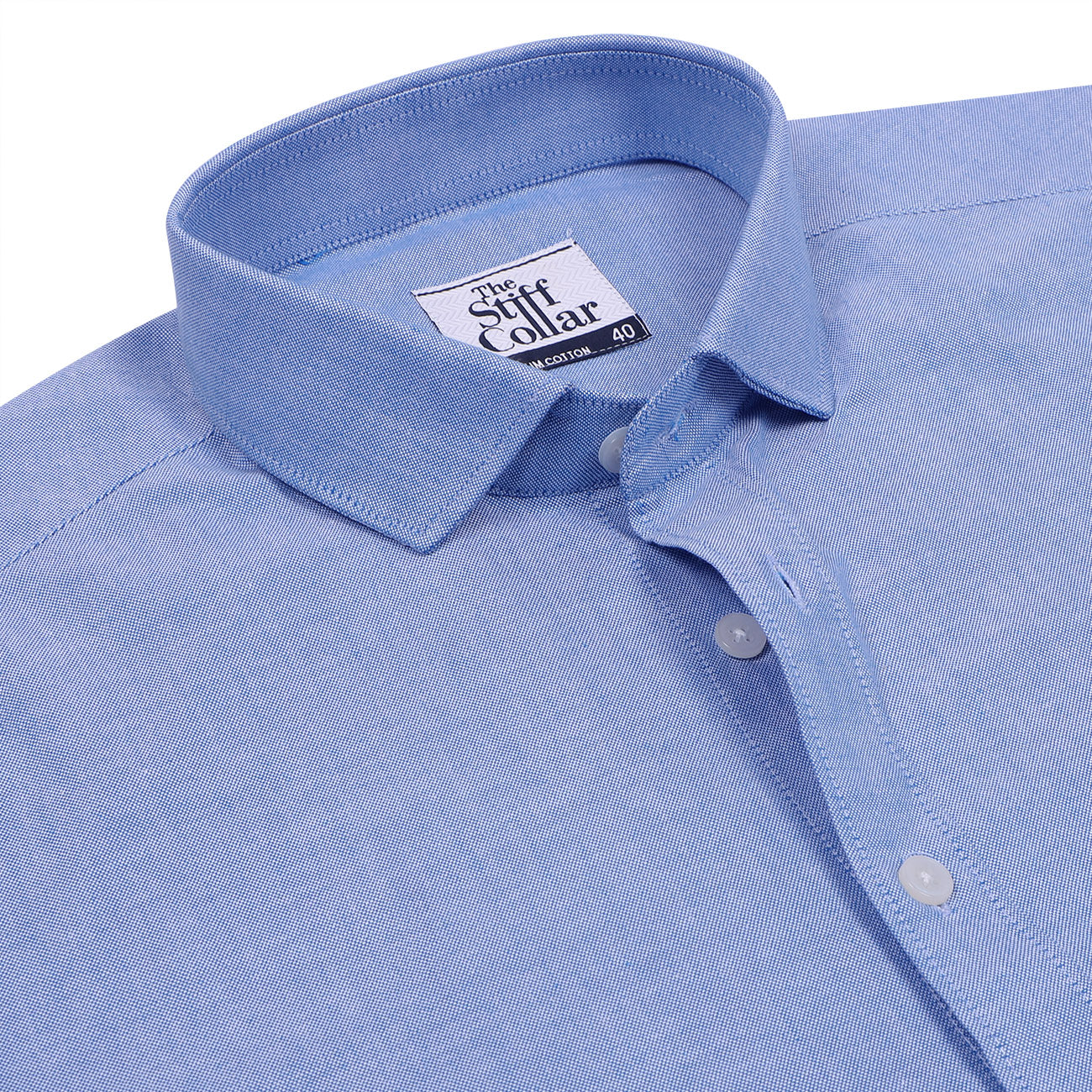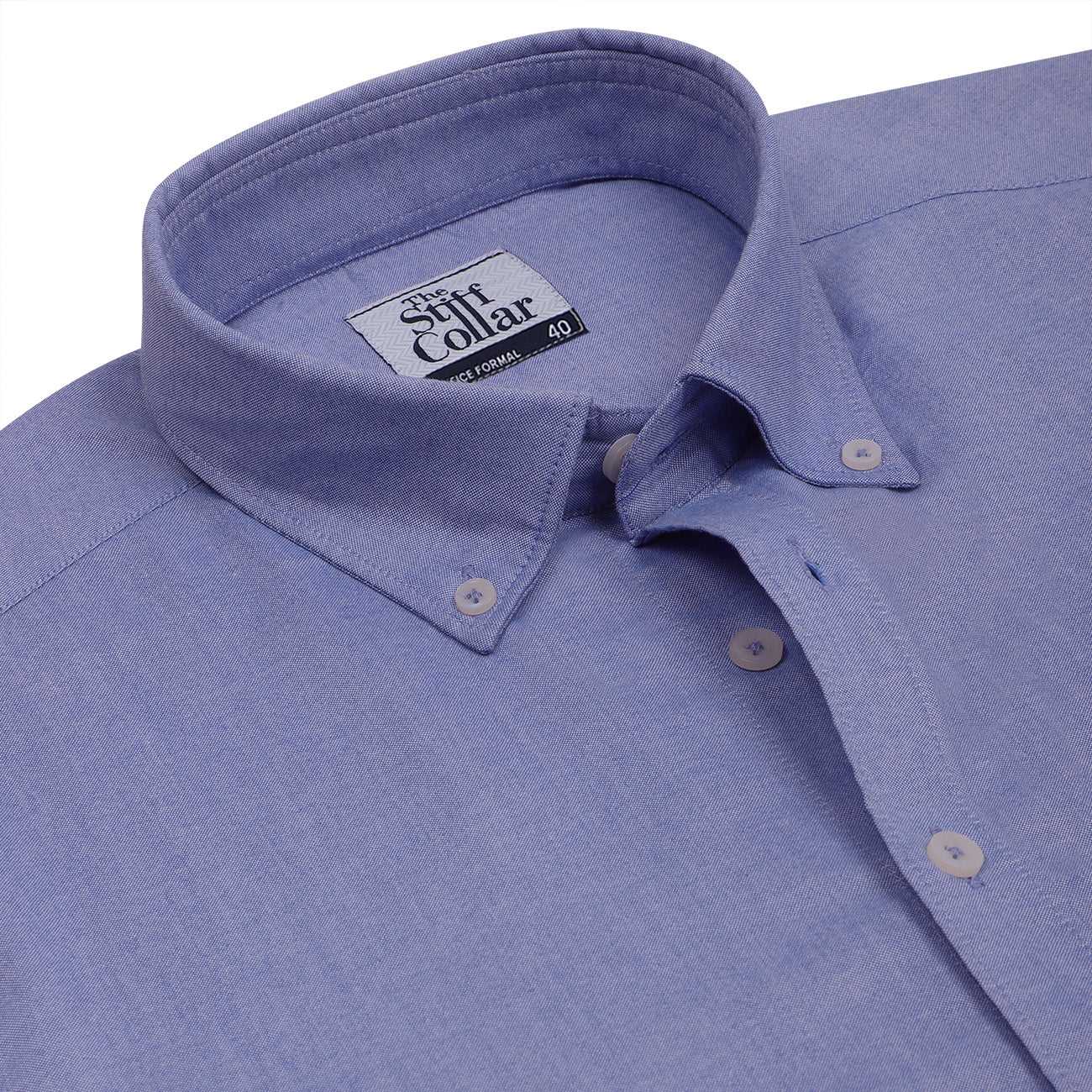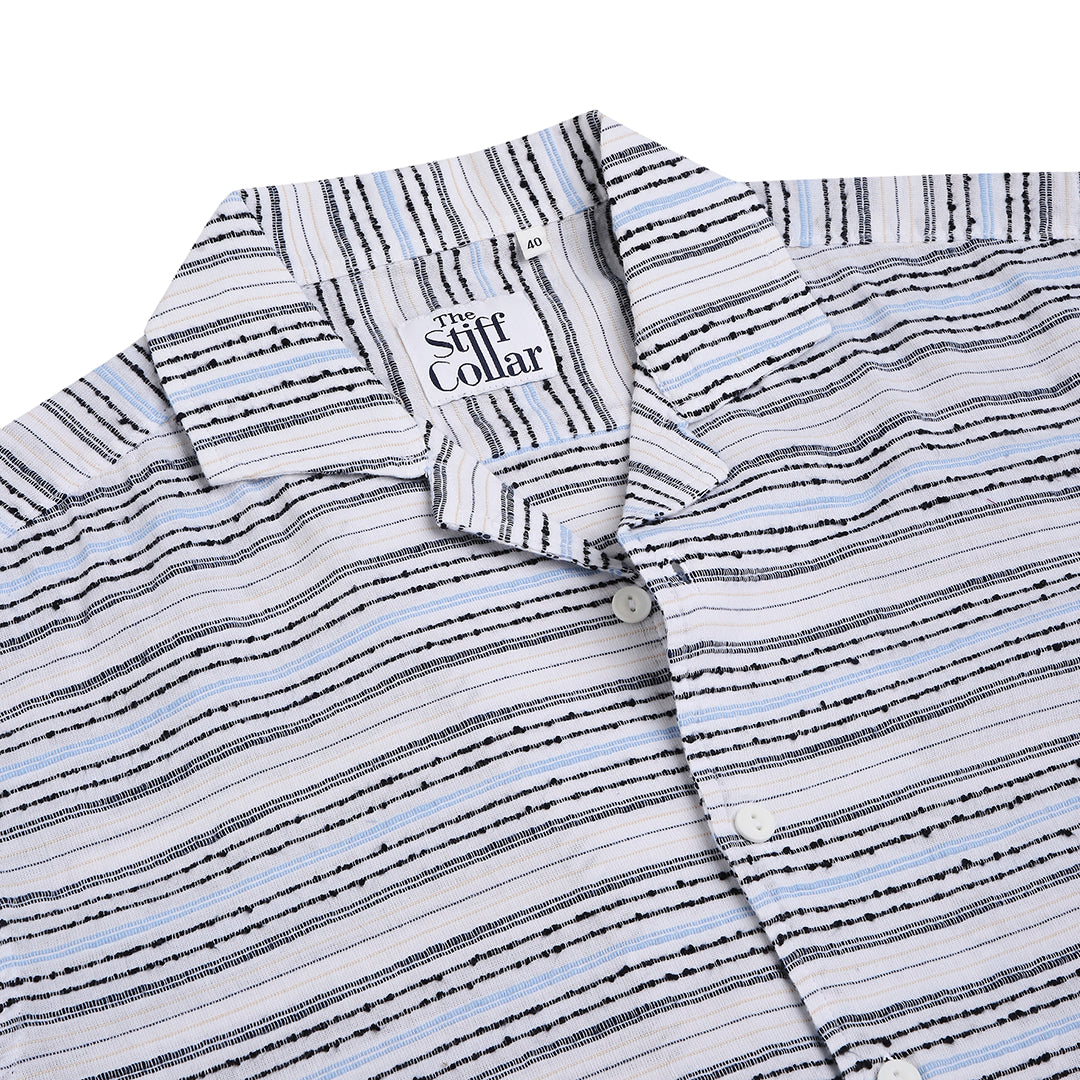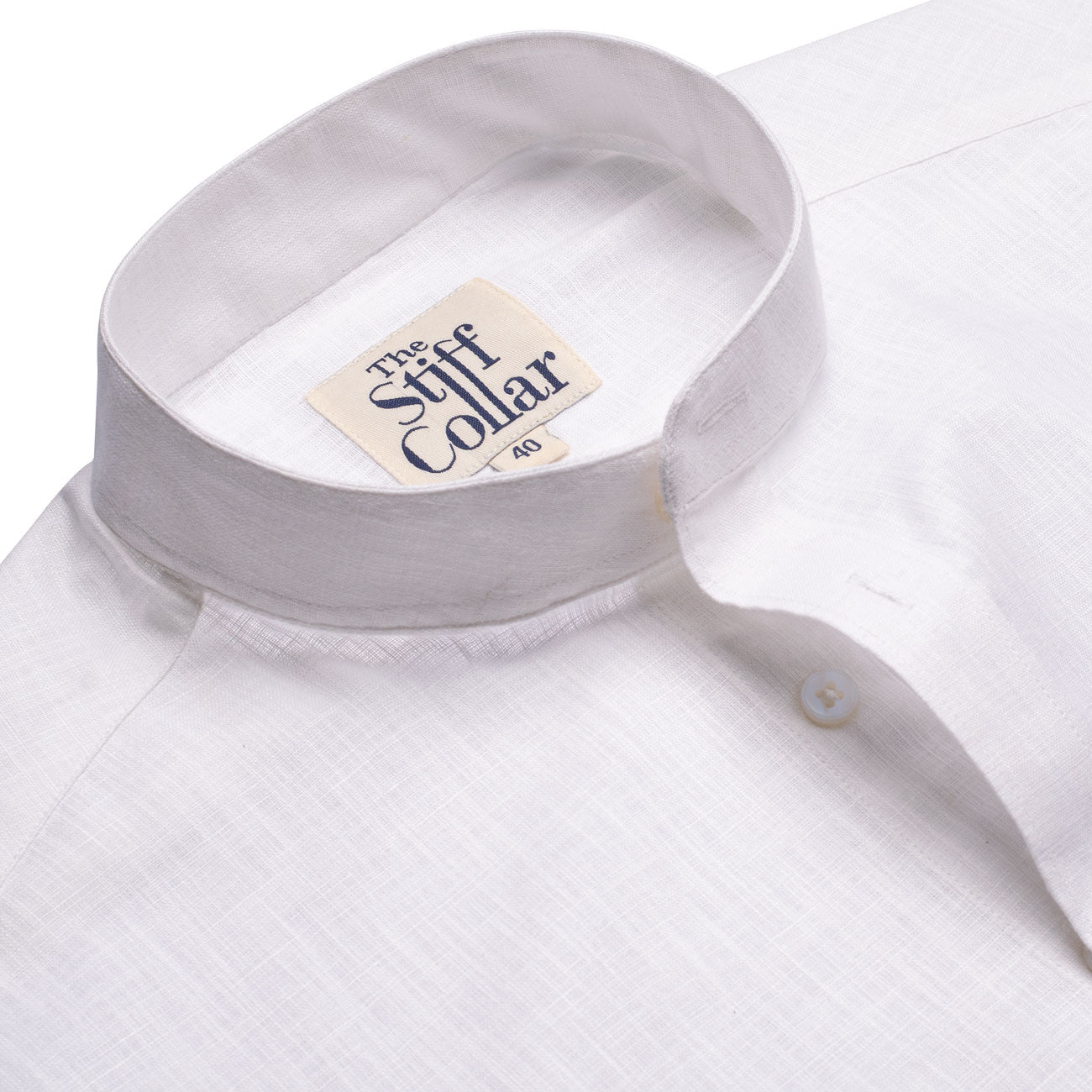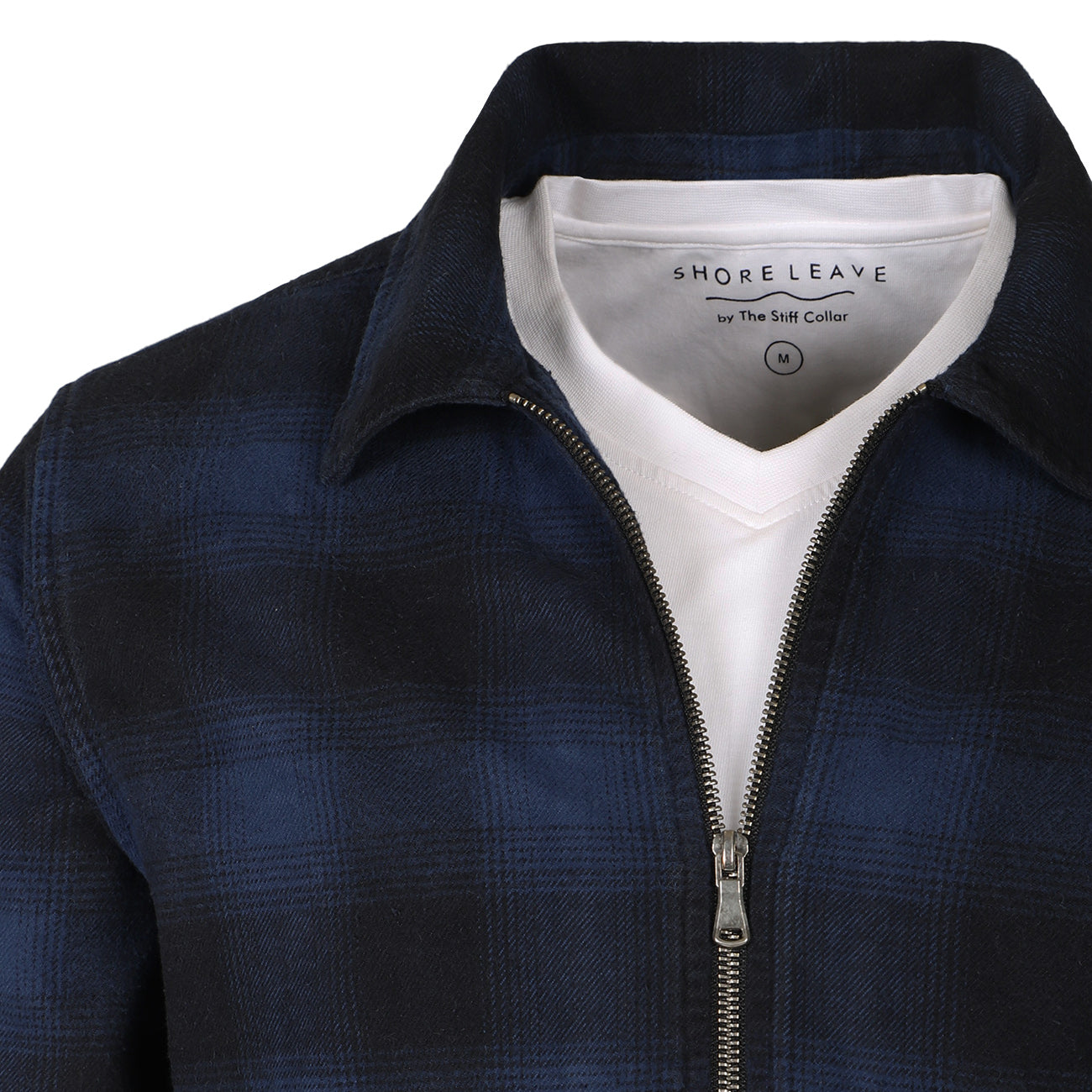First things first, for those who might not know their silk from their rayon, their polyester from their linen or their cotton from their nylon, I’ll share a brief explanation with you. Fabric is created one of two ways - either from natural fibres (plant or animal) or from synthetic fibres (man made). Fabrics such as linen, cotton, silk and wool are all natural fabrics, created by processing the fibres of plants or animal byproducts. Fabrics such as polyester, acrylic and nylon on the other hand, are synthetic fabrics which have been created artificially. We cannot say that one is decisively better quality, better for the environment, better for the manufacturer or better for the consumer. There are advantages and disadvantages involved with the weaving, buying and wearing of synthetic fabrics, just as there are positive and negatives linked to manufacture and consumption of natural fabrics too.
Natural fabrics such as cotton are typically the preferential choice due to their lightweight feel, breathability and softness. They are produced in a largely eco-friendly manner as the fibres come from sustainable resources like the cotton plant or from animals such as sheep. Garments made from natural fabrics can be recycled and are biodegradable. However there are some down sides to cotton. Cotton plantations require huge quantities of water for the growth of their plants, which in a world where water supplies are dwindling due to global warming is a concern. Farmers across India have been hit hard due to increasingly more severe droughts over the years, triggering a spate of suicides and the displacement of thousands. Natural fabrics are also typically more ‘expensive' for consumers than synthetic fabrics due to the production process and the the raw materials involved. This means that consumers will often buy synthetic products as they are attracted to the lower price tag.

Synthetic fabrics like nylon and polyester have many advantages such as their affordability, their availability, their durability and their variety. They are relatively easy to produce in large quantities using advanced machinery for spinning, weaving, dyeing and printing and can be produced in a whole spectrum of vivid colours thanks to synthetic dyes. However the production of synthetic fabrics in factories on the scale that we’re seeing today is endangering the livelihoods of artisans and traditional textile communities worldwide as well as the ecosystems around them. Consumers are tempted by low prices and are unaware of the implications that their simple decision to buy polyester might have on smaller scale local manufacturers as well as on the planet.
In a single year, almost 70 million barrels of oil are used in the manufacturing of polyester alone. This dependancy on crude oil and gases for the production of polyester supports an industry which is responsible for the ongoing pollution of the air and the land. Thousands of oil spills on land and in the sea are devastating marine life and causing widespread destruction.

Synthetic fabric mill owners have also come under much scrutiny in the past decade for driving down the cost of textiles and garments to compete with others manufacturers in the global marketplace, resulting in a reduction in the quality of the conditions for their workers whilst also fuelling the ‘disposable’ or ‘fast fashion’ culture that we’re seeing today. The fashion industry is a major contributor to the global waste endemic we’re facing today with its ever revolving trends, encouraging consumers to buy cheap and buy often. As the fashions change, the old garments are discarded in favour of new ones. Synthetic fabrics are not biodegradable and make up a large percentage of refuse in landfills.
At the Stiff Collar we only ever use the highest quality cotton and linen for our shirts. The fabric is 100% pure - with no fibres blended in! We believe that our commitment to using natural fibres over synthetic is worthwhile, resulting in comfortable, breathable and durable shirts. The shirts may not be the cheapest you can find on the internet but that’s because we believe that you get what you pay for. Every shirt is made from 100% cotton, adhering to unique design specifications based on the skill and expertise of our master tailors as well as the feedback we receive from our customers. But we're preaching to the converted, we know you’re a discerning bunch, that’s why you shop with us!

